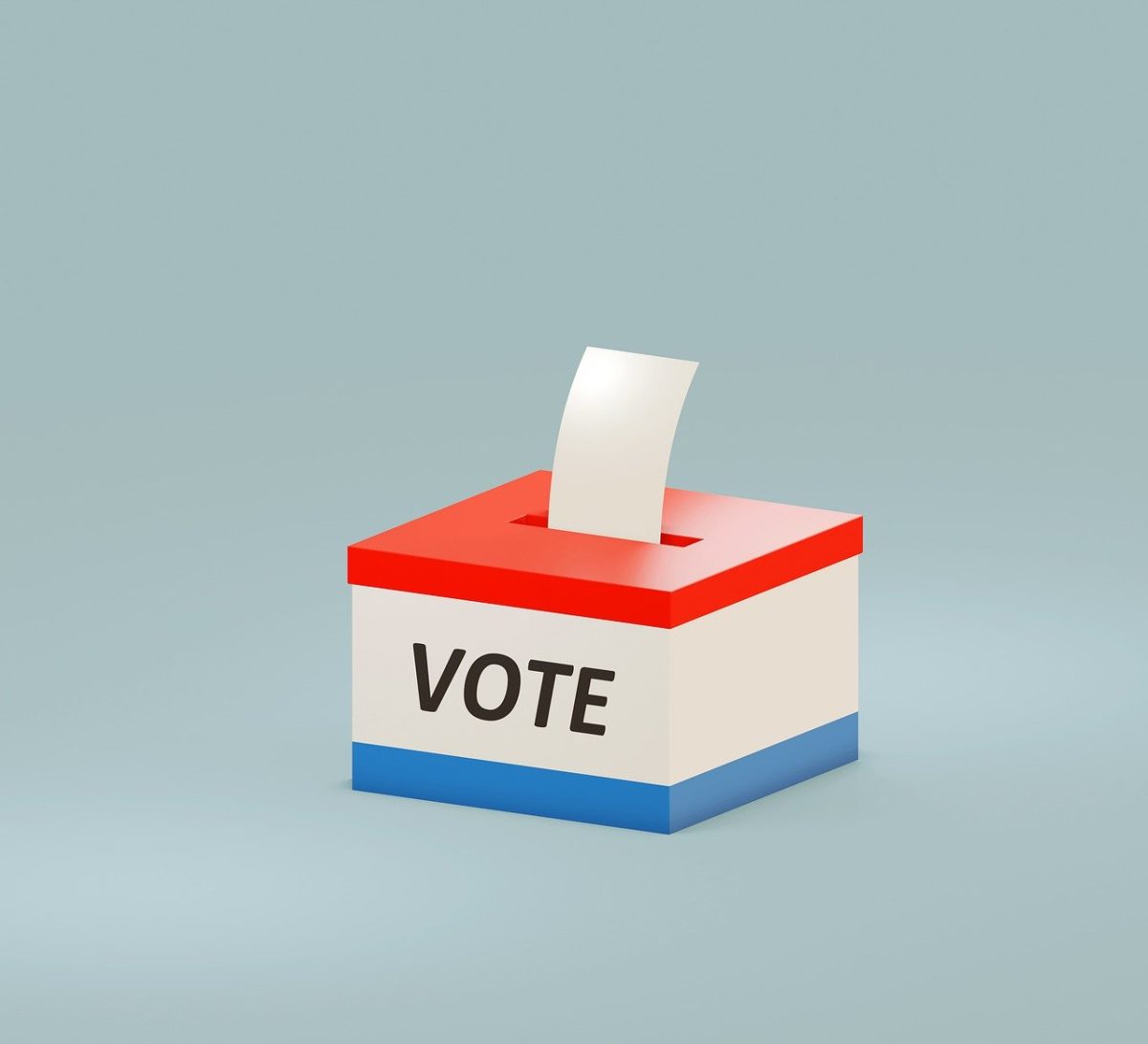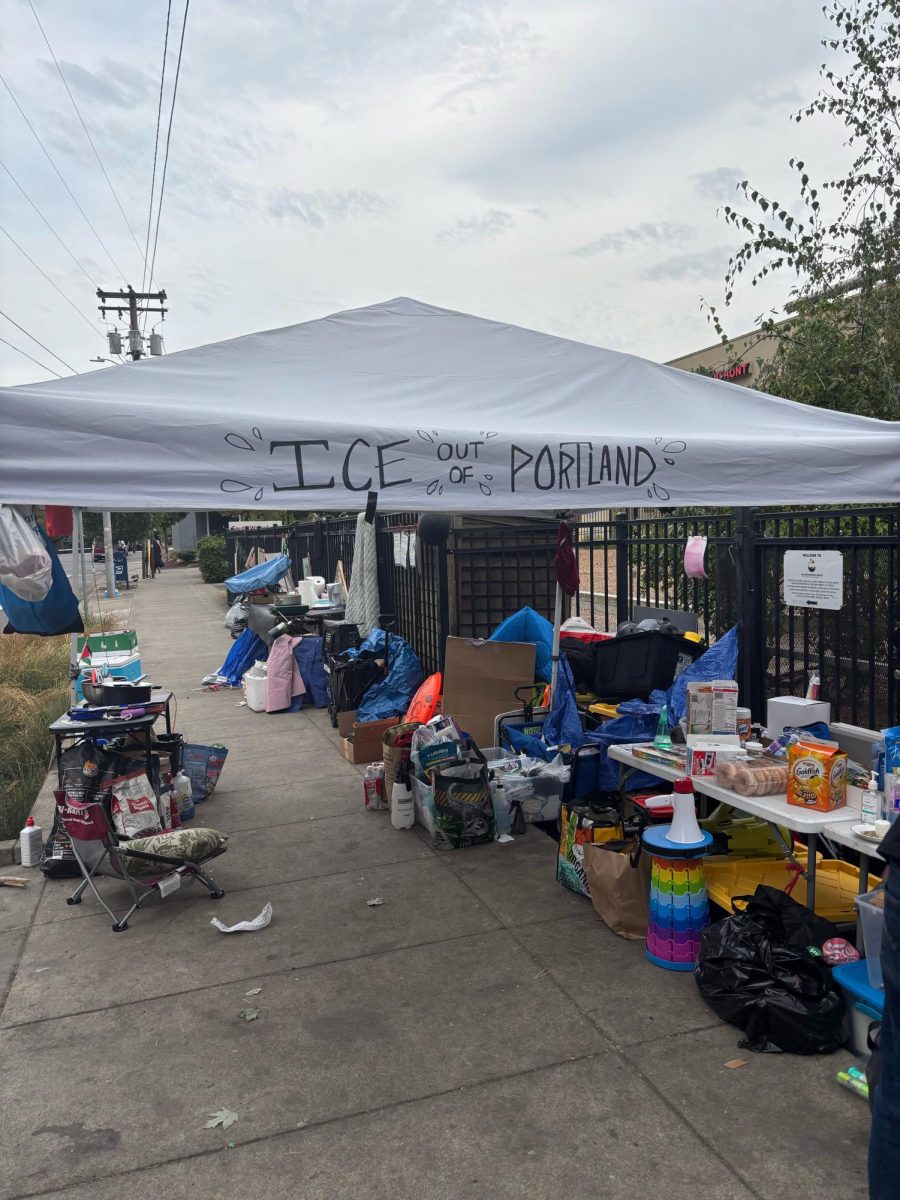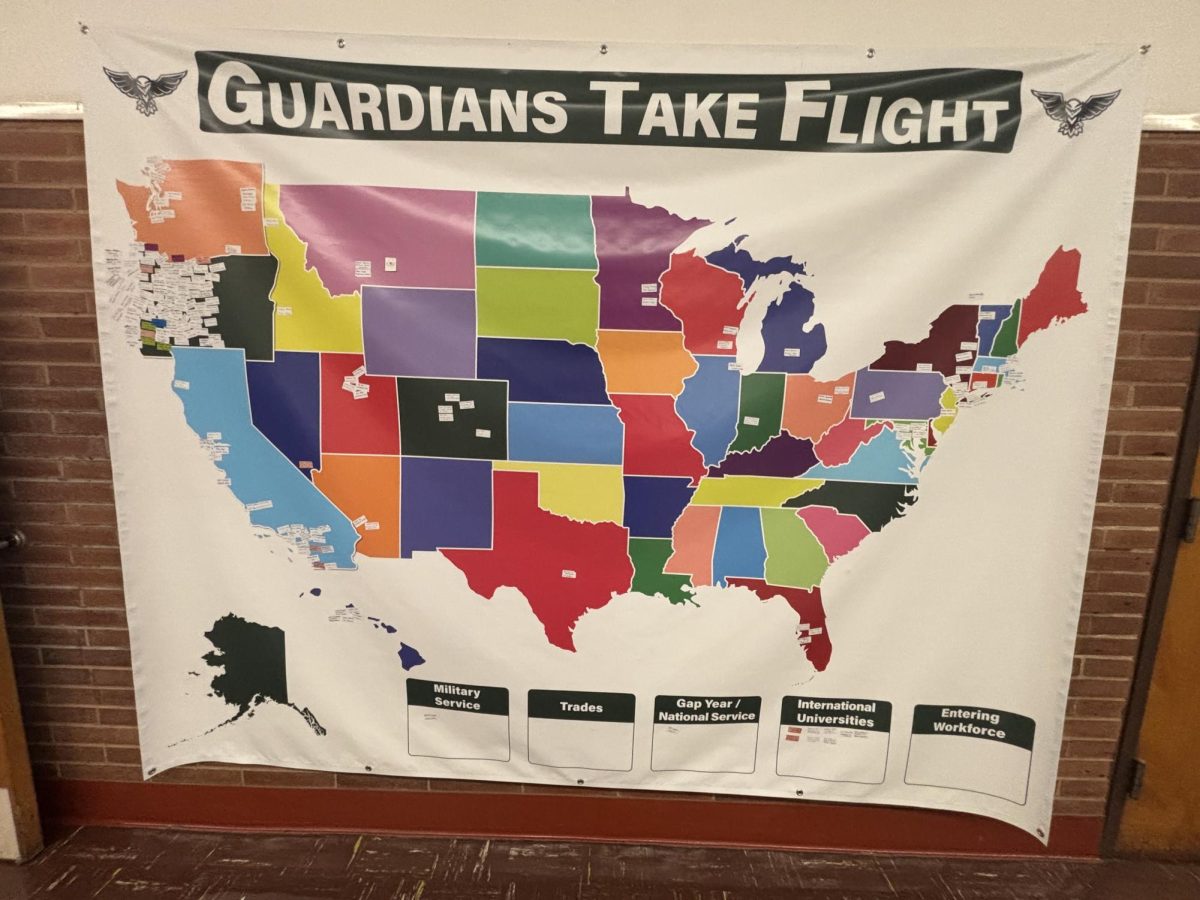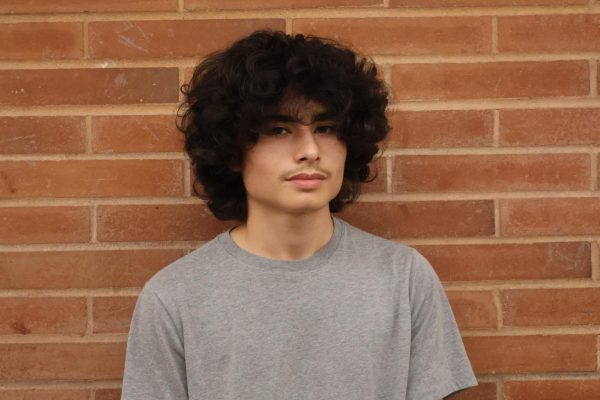Election Results
Locally, the Portland mayorship was contested by four main candidates: Keith Wilson, Carmen Rubio, Rene Gonzalez, and Mingus Mapps. Wilson was declared the winner with 62.9 percent of the vote in the final round and will take office on December 19.
Rubio, current City Commissioner for District 1, and her campaign were plagued by controversy: her highly publicized amassing of unpaid parking violations undoubtedly contributed to her unpopularity. However, she received 37.1 percent of the vote in the final round, according to Ballotpedia.
Wilson had little political background. His platform primarily consisted of combatting unsheltered homelessness, an issue of utmost importance to Portlanders. Homelessness is also an issue the city has repeatedly failed to remedy throughout the past few election cycles, so Wilson was prepared to market himself as a harbinger of change for the city of Portland.
Neither Oregon’s two Senate seats nor the governorship were up for election this cycle. However, all six of Oregon’s representatives were, as they are vacated every two years. The Democratic Party gained one seat (District 5) with Oregon House Democrat Janelle Bynum narrowly defeating incumbent Republican Lori Chavez-DeRemer.
The rest of the races were relatively uneventful, with each candidate winning by a large margin. Cliff Bentz of District 2 was the only Republican elected to represent Oregon, with his district primarily covering the eastern and some southern areas of Oregon. The District 6 race (Polk and Yamhill counties, plus Salem) was the closest, but was won by incumbent Democrat Andrea Salinas.
Voter Suppression
Voter suppression has always been present within the United States. It can be found in the form of violence, misinformation and laws. Not only can voter suppression be found in the present, but throughout all of US history.
In the early days of the US, the Constitution left it to the states to decide on their voting restrictions. The consensus in most states was that you needed to be a white, property-owning male to vote, limiting most of the population from playing a role in electing.
Further down the line, states became more lenient on the property requirements to vote. After the Civil War, Congress eventually passed the 15th Amendment to the Constitution. This amendment disregarded the role that race played in voting. However, this amendment was often ignored by people who were neither white nor African-American.
Women only gained the right to vote nationwide in 1920, with the ratification of the 19th Amendment.
Why is any of this relevant? Voter suppression still plays a role in limiting certain groups of people, and it’s important to know how it did in the past to help understand how it does in the present.
Present-day voter suppression takes place in the forms of laws, violence and the spread of misinformation. Despite this, there are many ways in which people are encouraged to vote.
For instance, right here in Oregon there’s a system in place to encourage easy voting. People eligible to vote are mailed a ballot that they can fill out and mail back before the deadline.
Slowly, the US is continuing its fight against voter suppression.










